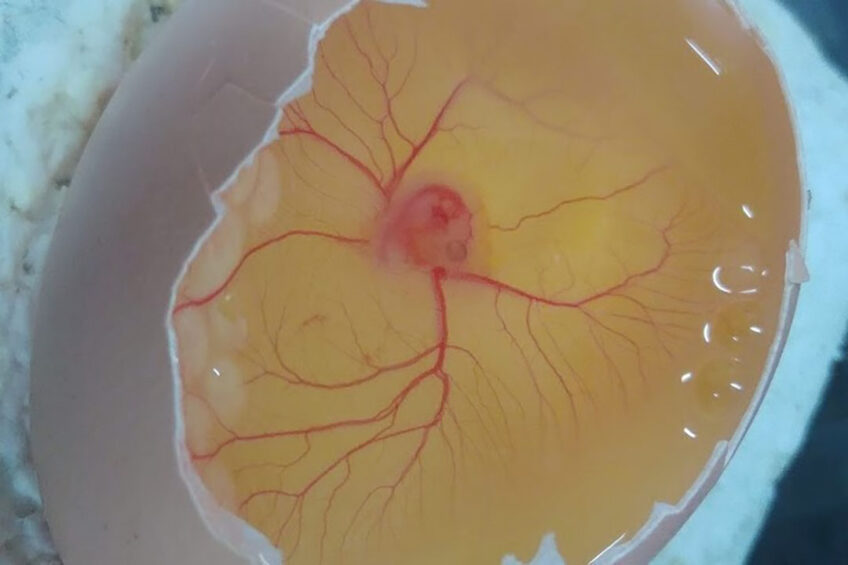Research into pain perception in chick embryos

The Federal Agricultural Ministry in Germany recently commissioned a research project regarding the perception of pain in chick embryos.
Under the Animal Welfare Act in Germany, the killing of male chicks has been legally prohibited since 2022. Beginning in 2024, it will be prohibited to kill male chicken embryos after sex determination in the egg on or after day 6 of incubation because earlier studies suggest that chicken embryos may be capable of pain transmission from day 7 of incubation.
Based on this, the Federal Ministry of Food and Agriculture commissioned a study to determine the period during which chicken embryos develop the ability to perceive aversive sensory experiences as pain.
Measuring cardiovascular, behavioural and brain responses in ovo
In the study, Lohman Selected Leghorn ‘White Layer’ chicken embryos were used from embryonic day 7 to embryonic day 19. Tissue-damaging stimulus and a control stimulus were applied in ovo. A mechanical stimulus was used as the noxious stimulus for cardiovascular parameters and behavioural observations at the base of the beak. The response was compared to the control stimulus of touching the beak.
As a second control group, a local anaesthetic, was applied to the base of the beak before the mechanical stimulus at embryonic day 18. The reactions of chicken embryos were analysed based on cardiovascular parameters (mean arterial blood pressure and heart rate), behavioural parametres (movements), and electrical brain activity.
Cardiovascular parameter results
After the mechanical stimulus, the mean arterial blood pressure of chicken embryos on embryonic day 16-18 significantly increased. Similarly, a significant increase in heart rate after the mechanical stimulus was observed in embryonic day 17 and embryonic day 18 embryos.
Injection of a local anaesthetic significantly reduced the mean arterial blood pressure response to the mechanical stimulus in embryonic day 18 embryos. Individual embryos showed reactions in both mean arterial blood pressure and heart rate on embryonic day 15, but no significant differences between mechanical stimulus and touch were observed. No increase in MAP or HR was observed in embryos younger than embryonic day 15.
Behavioural results
The movements of the beak increased significantly after the mechanical stimulus in embryonic day 15-18 embryos compared to touch. In the first 30 seconds after the mechanical stimulus, movements of the head, elbow, and metatarsus also significantly increased in embryonic day 18 embryos.
From embryonic day 7-12, no physiological electrical brain activity of chicken embryos in the egg could be detected. From embryonic day 13, physiological brain activity could be reliably recorded.
Point of pain
In summary, cardiovascular reactions to mechanical stimulation were significant from embryonic day 16 onwards while a significant behavioural reaction to mechanical stimulation was observed in embryos from embryonic day 15.
Based on the results, the ability to sense pain cannot be excluded at embryonic day 15 and can be assumed from embryonic day 16 onwards. Meanwhile, physiological neural activity was measurable from embryonic day 13 onwards.
“This allows the conclusion that the ability for nociception, or the ability to perceive aversive sensory experiences as pain, is potentially present from this time point,” note the research team.
* The contributors at the Technical University of Munich are the Center for Preclinical Research, the Department of Anesthesiology and Intensive Care Medicine, and Reproductive Biotechnology, TUM School of Life Sciences.













